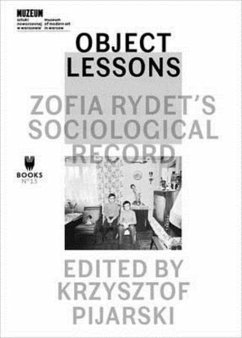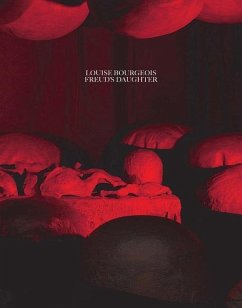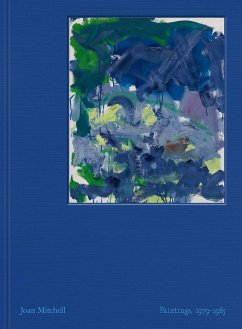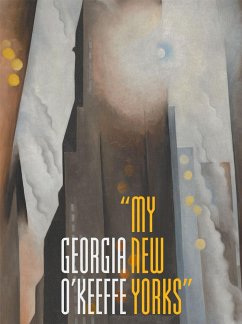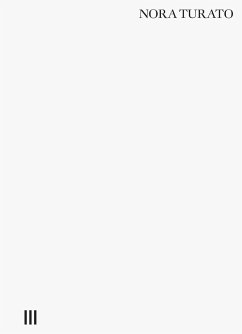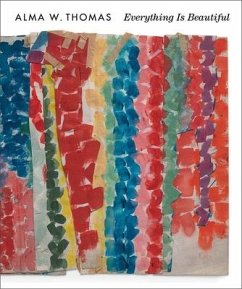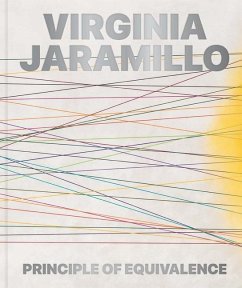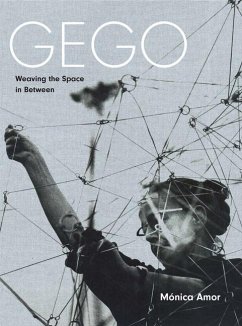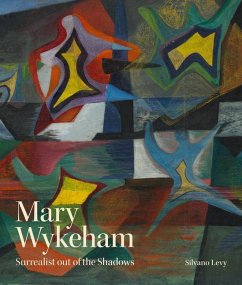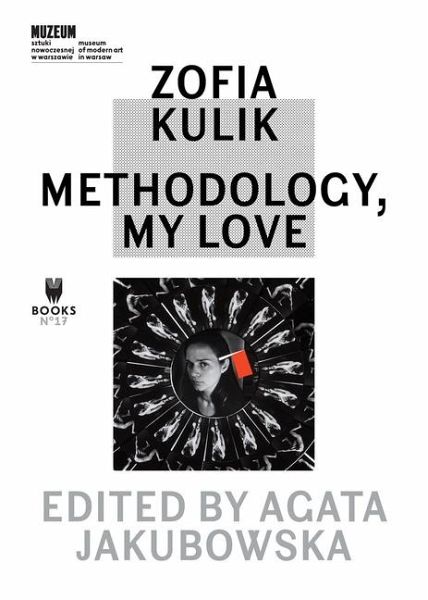
Zofia Kulik
Methodology, My Love
Herausgeber: Jakubowska, Agata
Versandkostenfrei!
Versandfertig in über 4 Wochen
33,99 €
inkl. MwSt.

PAYBACK Punkte
17 °P sammeln!
Zofia Kulik's rich artistic career has a dual nature. Between 1970 and 1987, she worked alongside Przemyslaw Kwiek as a member of the duo KwieKulik, after which she began to develop a successful individual career. While KwieKulik's work has been well established as central to the East European neo-avant-garde art lexicon of the 1970's and '80s, Kulik's solo work has yet to be examined in depth. The first publication devoted solely to her work, this monograph analyzes the themes of her rich and complex oeuvre, addressing the (post)communist condition, artistic labor, intermediality, and the con...
Zofia Kulik's rich artistic career has a dual nature. Between 1970 and 1987, she worked alongside Przemyslaw Kwiek as a member of the duo KwieKulik, after which she began to develop a successful individual career. While KwieKulik's work has been well established as central to the East European neo-avant-garde art lexicon of the 1970's and '80s, Kulik's solo work has yet to be examined in depth. The first publication devoted solely to her work, this monograph analyzes the themes of her rich and complex oeuvre, addressing the (post)communist condition, artistic labor, intermediality, and the conditions of working as a female artist. The book forms a portrait of Kulik as an artist whose work is both deeply focused and rich in variations that reflect the socio-political shifts in her native Poland. With contributions from leading art historians, including Edit András, Angela Dimitrakaki, Ewa Lajer-Burcharth, Suzana Milevska, and Tomasz Zaluski.



